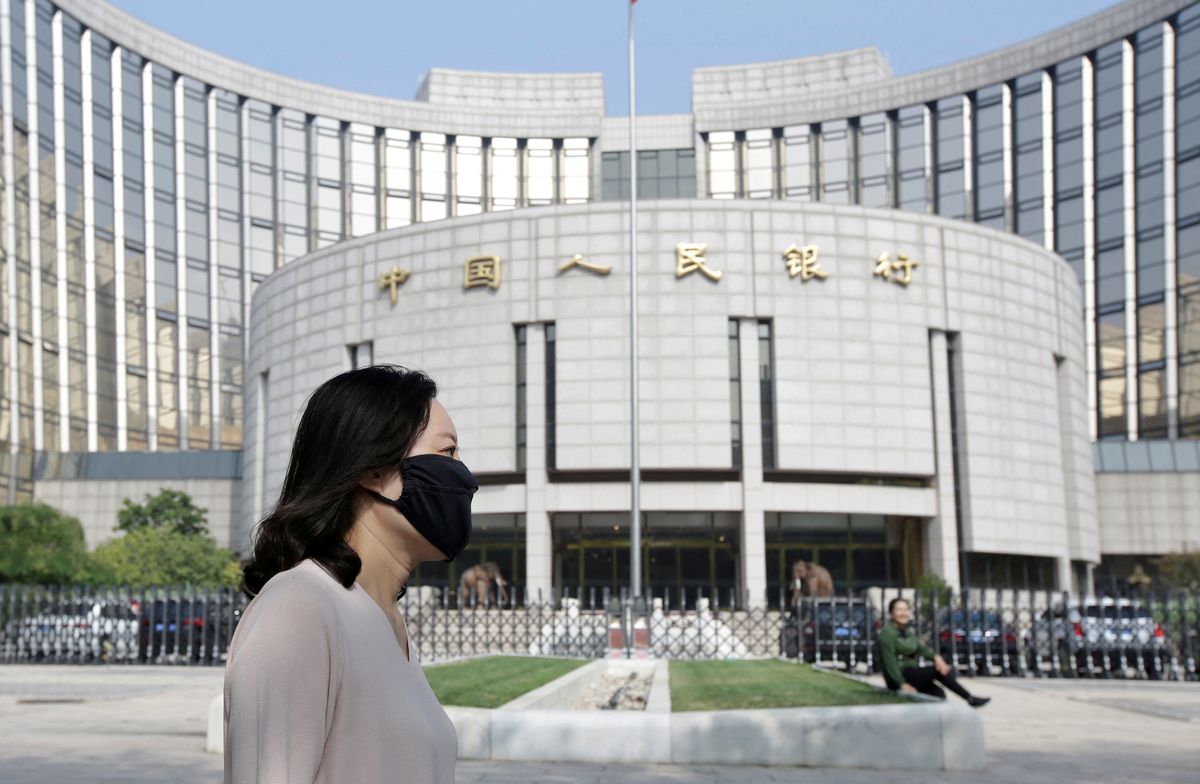Saudi Arabia wants to boost economic ties with Hong Kong and mainland China
Hong Kong has been exploring new investment opportunities and looking to strengthen ties with different regions, including the Middle East.

A few minutes every morning is all you need.
Stay up to date on the world's Headlines and Human Stories. It's fun, it's factual, it's fluff-free.
The backstory: Saudi Arabia and China have a noteworthy relationship when it comes to oil. China has long relied on Saudi Arabia, which accounts for roughly 18% of its crude oil imports, making the kingdom its main oil supplier. This relationship has been a cornerstone of their economic ties.
In 2016, Saudi Arabia launched Vision 2030, an initiative to diversify its economy and reduce its reliance on oil revenues. The plan focuses on things like health care, infrastructure, recreation and tourism, aiming to position Saudi Arabia into the top 15 global economies by 2030.
Meanwhile, Hong Kong has been exploring new investment opportunities and looking to strengthen ties with different regions, including the Middle East. Hong Kong's Financial Secretary Paul Chan visited Bahrain and Saudi Arabia last year to talk about potential business collaborations.
More recently: In February, Hong Kong Exchanges and Clearing (HKEX) and Saudi Tadāwul Stock Exchange announced a strategic collaboration, diving into cross-listings, fintech and ESG initiatives. Then, in May, Hong Kong's Monetary Authority (HKMA) teamed up with the Central Bank of the United Arab Emirates (CBUAE) to regulate digital currencies and bolster financial infrastructure. In July, HKMA signed a Memorandum of Understanding (MoU) with the Saudi Central Bank (SAMA), focusing on areas like financial innovation, market connectivity, sustainability and financial infrastructure.
Just last month, the Bank of China (BOC) opened a branch in Riyadh, Saudi Arabia, marking the second branch of a Chinese bank in the country after the Industrial and Commercial Bank of China opened one back in 2015.
The development: In an interview with the South China Morning Post (SCMP), Ayman bin Mohammed Al-Sayari, the governor of the SAMA, shared Saudi Arabia's strategy to strengthen its relationship with the People's Bank of China (PBOC). It's a three-pronged approach. First, they want to have one-on-one talks where they exchange ideas and policy insights. Second, they're keen on collaborating in major international forums, such as G20 meetings. Third, they're all for partnerships in global organizations.
Al-Sayari emphasized the importance of central bankers from both sides to chat it up, whether it's at those high-level meetings or getting down to the nitty-gritty in working groups. He also encouraged Chinese banks to expand their presence in Saudi Arabia, aligning with the goals of Saudi Vision 2030.
Key comments:
“As of today, there are two branches of Chinese banks in Saudi Arabia, and we welcome this growth, and we will continue to support the financial sector, increase efficiency of transactions and promote innovative financial solutions for financial inclusion,” said Ayman bin Mohammed Al-Sayari, the governor of the SAMA, to SCMP.
“The current term of the Hong Kong government has put a priority on revitalizing our relations with Saudi Arabia – and the Middle East in general,” said Chief Executive John Lee during a gala dinner at the Hong Kong Science and Technology Park (HKSTP).
"The expansion of the use of the Chinese currency reflects very important progress and mutual trust among BRICS countries in the use of local currency settlements to better enhance financial and foreign trade efficiency," said Wang Peng, an associate research fellow at the Beijing Academy of Social Sciences, to the Global Times last September.




Comments ()